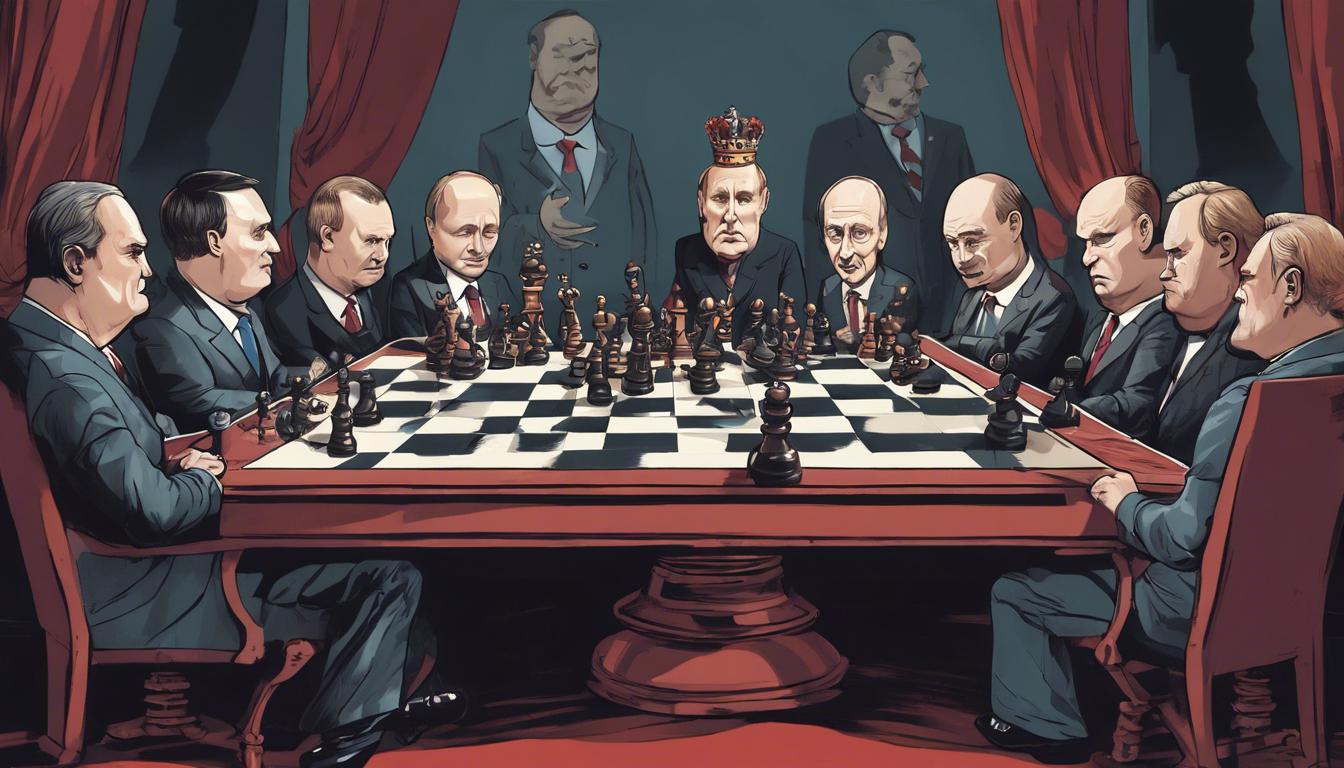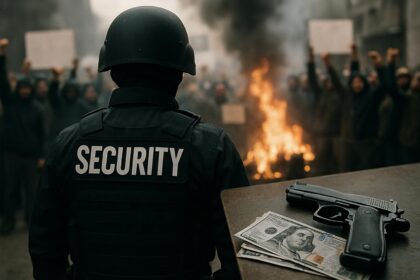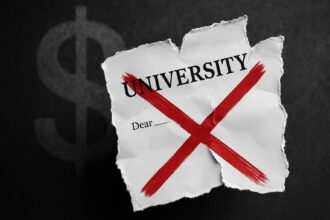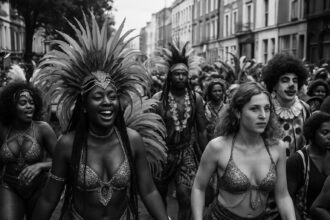With the Russian presidential elections looming in March 2024, opposition movements, led by supporters of the late Alexei Navalny, launch campaigns against incumbent President Vladimir Putin amid a backdrop of political unrest and international scrutiny.
In the lead-up to the Russian presidential elections on March 17, 2024, various events and campaigns have unfolded, signaling opposition to incumbent President Vladimir Putin, amidst a landscape of political unrest both within Russia and internationally.
Alexei Navalny, the late Russian opposition leader, through his supporters, has launched a campaign titled “Noon Against Putin” meant to disrupt the elections. Levying a call at noon on election day, this move aims to demonstrate opposition to Putin’s expected victory, which critics argue is assured by a manipulated electoral system. Navalny’s widow, Yulia Navalnaya, alongside notable figures like Mikhail Khodorkovsky and Gary Kasparov, has voiced support for this initiative, striving to continue Navalny’s legacy of dissent.
Globally, political leaders are facing scrutiny with an online poll on Express.co.uk inviting opinions on the “worst political leader.” This comes at a time when Russian political dynamics catch international attention, particularly with the presence of anti-war politician Boris Nadezhdin and the enduring popularity of Navalny, reflecting domestic opposition to Putin. Meanwhile, leaders from the US, European Union, and other countries are dealing with their own controversies and challenges, illustrating a complex global political climate.
In a recent incident, Leonid Volkov, a senior aide to Navalny, was attacked in Vilnius, Lithuania, with local counter-intelligence attributing the attack to Russian special services. This assault, involving tear gas and a hammer, heightened concerns over the safety of Russian opposition figures living in exile.
As the Russian elections approach, Putin faces competition from three other candidates: Nikolai Kharitonov, a Communist Party member advocating for policies favoring the elderly; Leonid Slutsky, the Liberal Democratic Party’s anti-Western candidate; and Vladislav Davankov, representing the New People political party with a more liberal agenda focused on personal freedoms and dialogue over conflict. Despite these challengers, Putin’s victory is widely anticipated.
These events underscore the tension and political dynamics in Russia and beyond, highlighting both opposition efforts to challenge the status quo and the broader international political landscape as countries navigate internal and external pressures.













